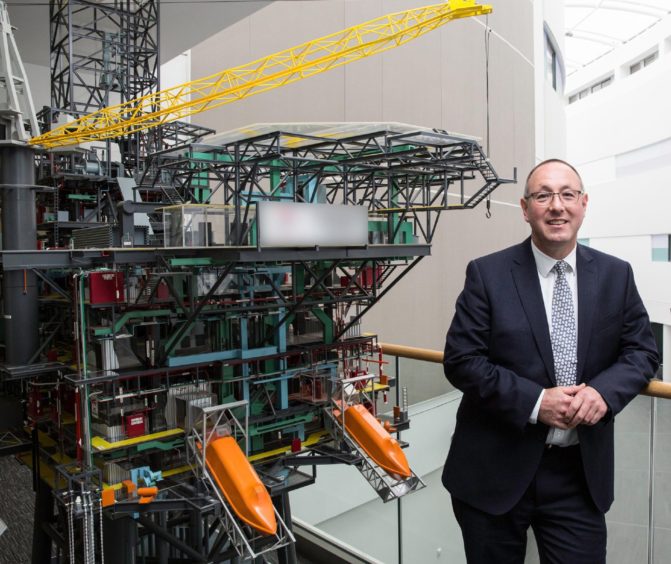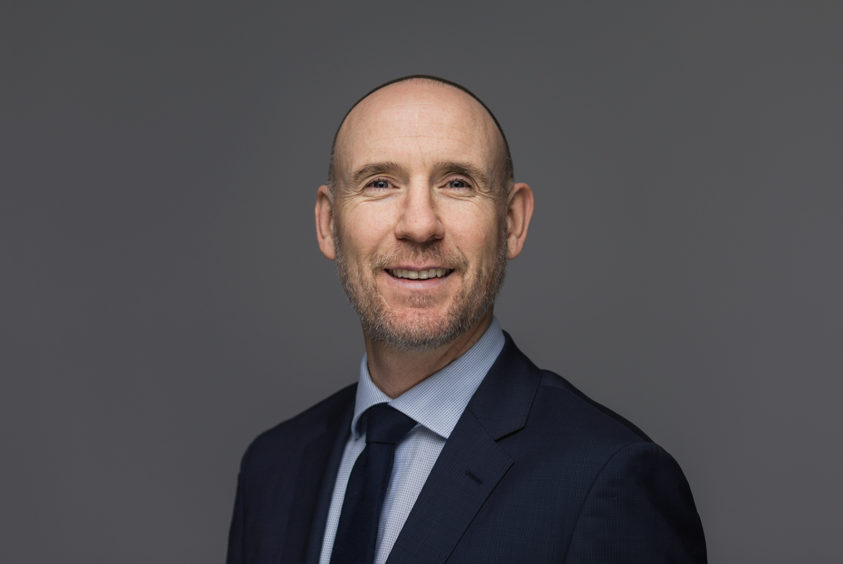
“Corporate Darwinism” could come to the fore as the energy industry tries to overcome challenges by finding new and innovative ways of working.
Paul de Leeuw, director of RGU’s Energy Transition Institute, says going forward, the success of the sector will be driven by companies that are adaptable and agile, rather than by those with the deepest pockets.
Oil and gas firms are increasingly being encouraged to find different ways of working to unlock value and to rise to the challenge of decarbonisation.
‘Collaboration’ has been a ubiquitous term in the industry in recent times, but delivering it has not always been easy.
Corporate Darwinism
Adapting to meet changing needs was the centre point of discussion during the “Brave, Bold, and Better: Breaking the Silo Paralysis” session at Offshore Europe on Thursday.
During the virtual roundtable, Mr de Leeuw said: “It feels like we’re entering a period of corporate Darwinism – It’s almost like Sir David Attenborough talking about our industry.
“This new way of being far more agile, far more adaptable; it’s going to be critical because we’re not just serving an oil and gas industry, we’re serving an energy industry. It is all about how we deal with offshore wind and the integration of carbon capture and storage and hydrogen.
“Corporate Darwinism is going to drive how we respond and how we’re going to be successful. It’s not about the biggest, it’s not about the richest, it’s not about those with the largest balance sheets; it’s about those that are smart.
“That’s going to be a key contributor to the future. Collaboration is going to be different in a world where we shake out who’s going to play this game or not.”
Work to be done
In addition to Mr de Leeuw, the session featured speakers from BP, Microsoft and Oil and Gas UK (OGUK).
It was moderated by Craig Shanaghey, president operations services Europe & Africa at Wood, who said there is “room for improvement” with regards to delivering news ways of working.
While acknowledging that collaboration is “not a novel concept”, he said that its reference in “every report, event and conversation has reached new heights” after the 2014 industry downturn.
Since then, the term has been “touted” as the “enabler and answer” to all the industry’s problems.
Mr Shanaghey said: “But we know all too well that simply collaborating has not been that simple at all.
“We could probably agree that we’ve become very good at cooperating; we know how to get on with one another.
“But, as far as truly working together differently to innovate, drive change and to disrupt the norm, there is room for improvement.
“The pockets of excellence that we’re seeing are not well known at all. We find ourselves in the well intentioned position of wanting to do better, but not quite knowing how to get there.”
Recommended for you


